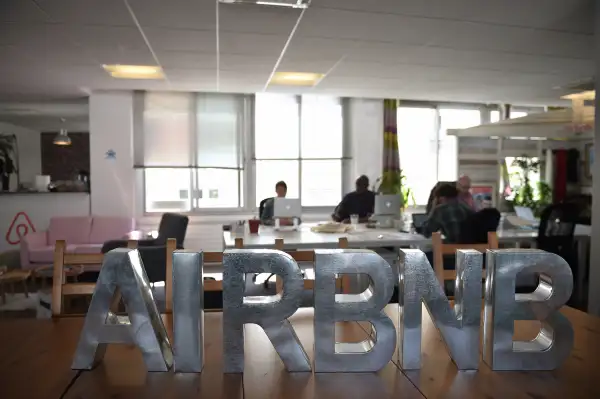Airbnb Has a Big Illegal Landlord Problem

A huge chunk of Airbnb's revenue in America's biggest cities comes from commercial landlords running "illegal hotels" that operate beyond the reach of tax and regulatory officials, a new report from a hotel industry trade group alleges.
The American Hotel & Lodging Association said that the site gets more of its revenue than it lets on from landlords who don't live in the dwellings they rent out, rather than from individuals renting out a guest room as part of the sharing economy.
In conjunction with at the School of Hospitality Management at Penn State University, the trade group put out a report that looked at Airbnb rentals over a 13-month period in New York City, Chicago, Los Angeles, Philadelphia, Miami, Houston, Dallas, Phoenix, San Antonio, San Diego, San Francisco, and Washington, D.C. On average, it said that just under 29% of revenue in these cities comes from listings made by "full-time operators," whose properties are available 360 days or more a year. The biggest offenders were in New York City, Miami and San Francisco.
The AH&LA also flagged a second group of Airbnb hosts, which it said has significant overlap with full-time operators: "multi-unit hosts" who have two or more residential listings at a time. This group makes up about 17% of all Airbnb hosts, but they pull in nearly 40% of the revenue in the cities examined, or roughly $500 million of the $1.3 billion in revenues Airbnb earned in this time period.
"A growing number of residential properties are being rented out on a full-time, commercial basis, in what amounts to an illegal hotel," AH&LA president and CEO Katherine Lugar said in a statement.
Unsurprisingly, Airbnb challenged this characterization, with a spokesman calling it a "specious study intended to mislead and manipulate," in an email to Bloomberg. "The vast majority of [hosts] are middle class people sharing their homes in order to create supplemental income," he said.
